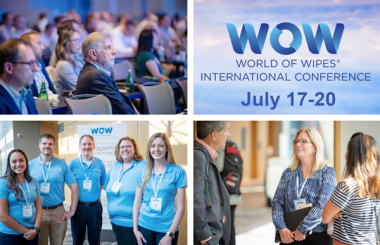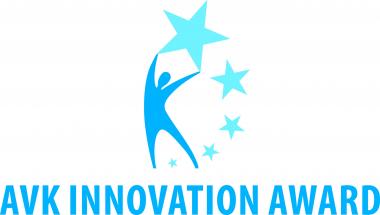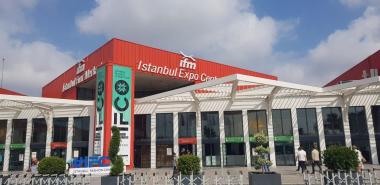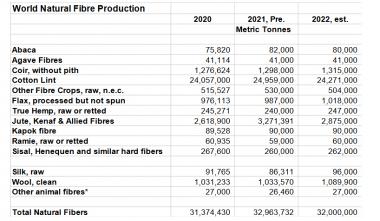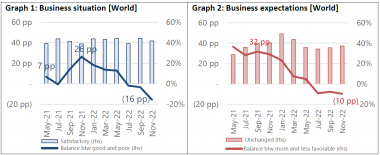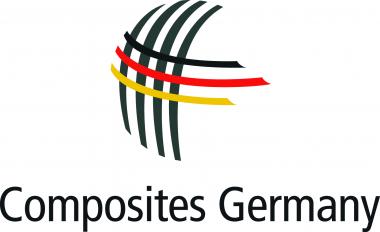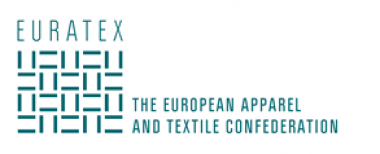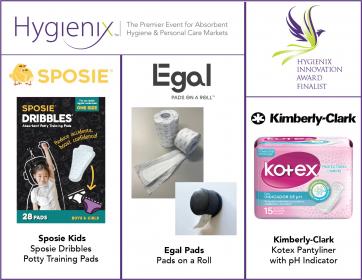Registration for World of Wipes® International Conference 2023 opened
The 17th edition of the WOW will take place July 17-20 2023 at the Atlanta Marriott Marquis in Atlanta, Georgia. INDA announced that registration and tabletop exhibit reservations are open.
WOW 2023 will feature the latest wipes intelligence on the Energy Crisis, Coping with Inflation, Supply Chain Challenges from material availability to import pressures, Market Trends, Plastics Issues such as single use plastics, renegade plastics and microplastics, Sustainability and Traceability from sourcing to end-of-life, Private Label vs. Brand, and Flushability Developments including legislative and labeling efforts, collection studies, and regulatory topics.
The event includes 11+ hours of networking with industry influencers, thought leaders, and C-suite executives. In addition to two nights of tabletop displays and receptions on July 18 and 19, a highlight of WOW 2023 will be Lightning Talks. Tabletop exhibitors will give “supersized elevator speeches” for five minutes. Participants will have the opportunity to follow up with tabletop exhibitors during the reception.
WOW 2023 begins with the WIPES Academy, July 17-18, led by Heidi Beatty, Chief Executive Officer, and her team of wipes professionals from Crown Abbey LLC. Participants will gain insights from product concept to commercialization. Participants will also develop insights about materials, design, manufacturing, packaging, and cost implications for industrial, institutional and consumer wipes applications.
Cotton Incorporated and Rockline Industries are sponsoring the WOW 2023.
INDA, Association of the Nonwoven Fabrics Industry


